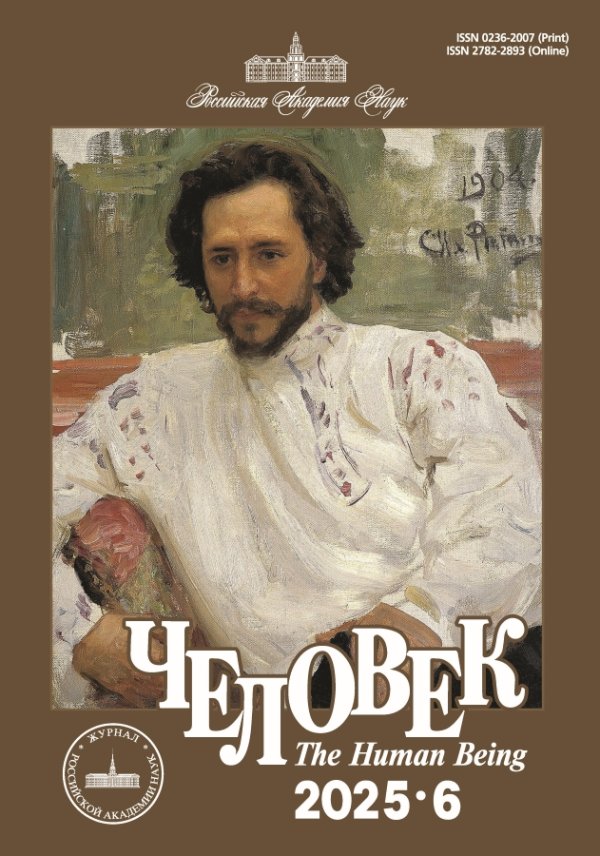Bodily skills in a virtual environment (on the material of Cybersports)
- Authors: Lavrentyeva S.V.1
-
Affiliations:
- RAS Institute of Philosophy
- Issue: Vol 34, No 2 (2023)
- Pages: 101-106
- Section: Philosophical and anthropological issues of sport
- URL: https://journals.rcsi.science/0236-2007/article/view/141381
- DOI: https://doi.org/10.31857/S023620070025536-6
- ID: 141381
Full Text
Abstract
The aim of this article is to show what role the players' bodily practices play in cybersports, given that the competition takes place in a virtual environment. The role of players' bodily practices is revealed within two general frameworks related to the concept of sport, namely, sport as a demonstration of mastery of some physical or/and intellectual skills. It is shown that in order to clarify the role of player bodies in cybersports, it is necessary to make a distinction between two optics of counterfactual thinking. On the one hand, counterfactuality is part of the gaming in cybersport, which allows planning and evaluating strategy. On the other hand, it is part of the player's need to respond quickly to hypothetical events in the virtual world. These actions are not the exact similarities of bodily reactions in the conditions of the physical world, since they are produced through the control of game controllers, which are extensions into the virtual world. The author concludes that the counterfactuals turns out to be directly embedded in the bodily practices of the player, forcing the latter to find a balance between the quick reactions hypotheticality of what is happening on the screen.
Keywords
About the authors
Sofya V. Lavrentyeva
RAS Institute of Philosophy12/1 Goncharnaya Str., Moscow 109240, Russian Federation
References
- Мерло-Понти М. Феноменология восприятия / пер. с фр. СПб.: Наука, 1999.
- Соколова Е.К., Шевченко С.Ю. Развитие навыков в киберспорте как производство гибридного субъекта // Этнографическое обозрение. 2022. № 6. С. 61–78.
- Соколовский С.В. Экстенсии как техносоматические сборки: к истории одной идеи // Corpus Mundi. 2020. Т. 1, № 1. С. 15–35.
- Столяров В.И. Философия спорта и телесности человека. Кн. I. М.: Университетская книга, 2011.
- Carbonell F.M. Game Counterpossibles. Argumenta. 2020. Vol. 6, N 1. P. 117–133.
- Chalmers D.J. The Virtual and the Real. Disputatio. 2017. Vol. 9, N 46. P. 309–352.
- Hilvoorde I., Pot N. Sport, Embodiment and fundamental motor skills in eSports. Sport, Ethics and Philosophy. 2016. Vol. 10, N 1. P. 14–27.
- Morgan W.J. The Philosophy of Sport: A Historical and Conceptual Overview and a Conjecture Regarding Its Future. Handbook of Sports Studies, Jay Coakley and Eric Dunning (eds.). London: Sage, 2003. P. 205–212.
- Yuzyk M., Seidner P. E-Sports Development. Developments in Information & Knowledge Management for Business Applications, Kryvinska N., Greguš M. (eds.). Vol. 5. Cham: Springer, 2022. P. 671–716.










